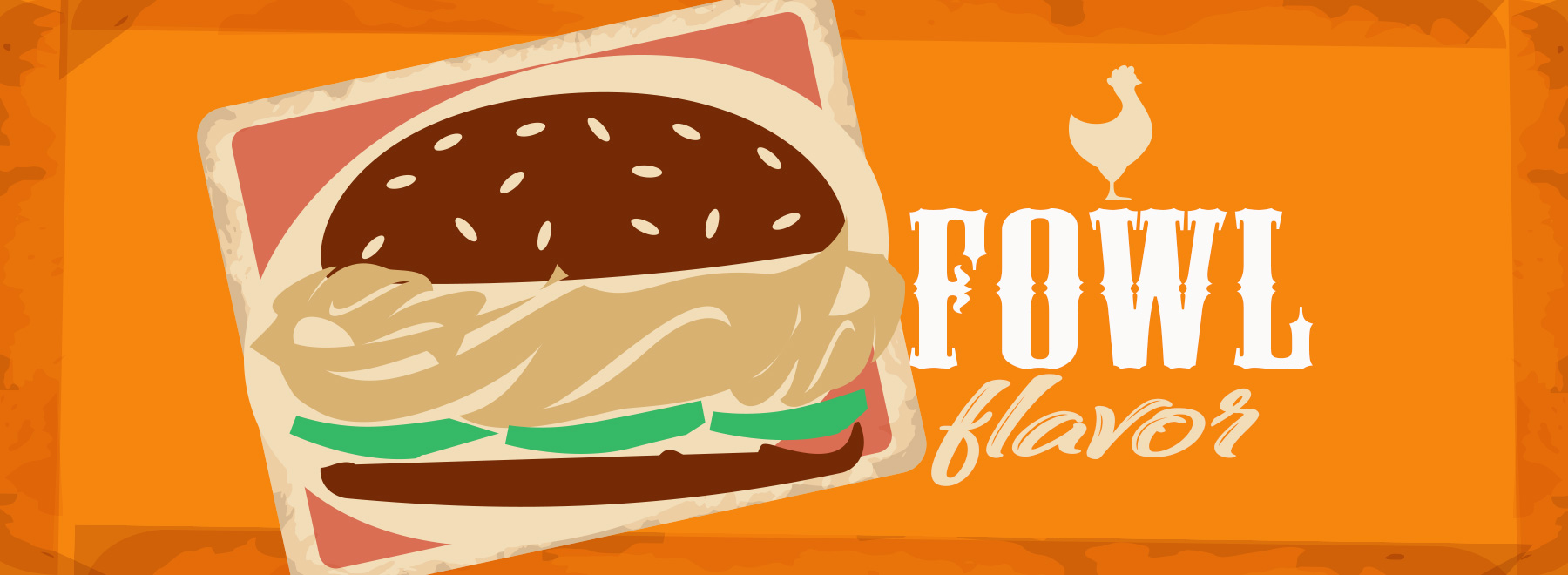Fowl Flavor
Published on Sunday, September 1, 2019
By: Ruth Cummins
Waiting in a 12-car line to buy one of the new Popeyes chicken sandwiches, then loving its spicy and salty goodness, isn’t going to kill you.
But like any fried items from a fast food restaurant (yes, Chick-fil-A included), make it an occasional treat, advises a University of Mississippi Medical Center dietitian.
“What you do consistently is what matters the most,” said Paul Robertson, who works with patients who have had bariatric surgery or who are in UMMC’s weight management program. “But if that’s your go-to, it will take a toll on your health.
“Your body typically won’t respond well to questionable eating habits over a longer period of time.”
Robertson isn’t vilifying the wildly popular sandwich, which packs 690 calories and well more than 1,000 milligrams of salt. Its nutritional breakdown is a mystery: That information isn’t carried on the Popeyes website.
But who wouldn’t like it? The Popeyes website touts it as “a tender all-white meat chicken breast fillet, marinated in an authentic blend of Louisiana seasonings, then hand battered and breaded in our all new buttermilk coating. Served with crisp barrel-cured pickles and classic or spicy mayonnaise, served on a warm and toasted buttery brioche bun.”
Certain groups of patients should think in moderation before crossing the road to get to the side with the restaurants that sell fried foods, Robertson advised.
“Probably the most concern would be someone with severe congestive heart failure or significant hypertension issues, where it could potentially impact their blood pressure, or induce more fluid buildup than they would normally experience,” he said. “Diabetic patients need to be careful because of their increased risk of heart disease. They need to limit fried foods.
“I usually ask diabetic patients to limit fried foods to once a month, or twice a month at most. Fried foods should be eaten in moderation, even for people who have a good bill of health.”
There’s a biological reason why sodium-laden fast-food faves like those served by Popeyes taste so darn good.
“The oil and fat improve the tenderness, but people tend to love salt, Robertson said. “It’s an addictive taste bud receptor that our brains really enjoy for the most part. We release dopamine, a pleasure-driven hormone, in response to sweet or salty foods.
“Everyone will have their own preference for different sandwiches. Some will think a chargrilled chicken sandwich is great. Some will think (a fried chicken sandwich) is great. If we are all being honest, though, the Popeyes chicken sandwich likely tastes much better than a grilled chicken sandwich to the vast majority.”
A number of fast-food restaurants offer a grilled chicken sandwich that’s lower in fat and possibly lower in sodium, some accompanied by healthy lettuce and tomatoes, and some on whole-grain buns that are a better choice than white bread. Consider asking your server to hold the mayo or honey mustard and save on calories and fat, Robertson said.
Robertson also suggests fast-food diners should consider their sandwich or burger as a full meal in itself, with no need for sides.
“Most people don’t stop there,” he said. “They get fries or chips to go with it. That really hurts a diabetic who needs carbs in moderation.”
It results in a meal that is much higher in calories than most people need, he said.
Robertson said he makes a pickle-brined chicken sandwich that’s admittedly high in sodium but lower in fat.
“Sometimes you can improve one aspect of the nutritional content, but can’t improve all aspects,” he said.
He uses lean chicken breast tenderloins soaked for a day in pickle juice and breads them with panko crumbs or flour.
“Stick them in an air fryer and you’re avoiding all the extra oil and getting a lower-fat meal,” he said.
The bottom line, according to Robertson: The occasional splurge is fine.
“Is it as good as they say it is?” he asked of the Popeyes newbie. “Certainly feel free to try it. It’s what you consistently eat that matters the most.”
The above article appears in CONSULT, UMMC’s monthly e-newsletter sharing news about cutting-edge clinical and health science education advances and innovative biomedical research at the Medical Center and giving you tips and suggestions on how you and the people you love can live a healthier life. Click here and enter your email address to receive CONSULT free of charge. You may cancel at any time.



